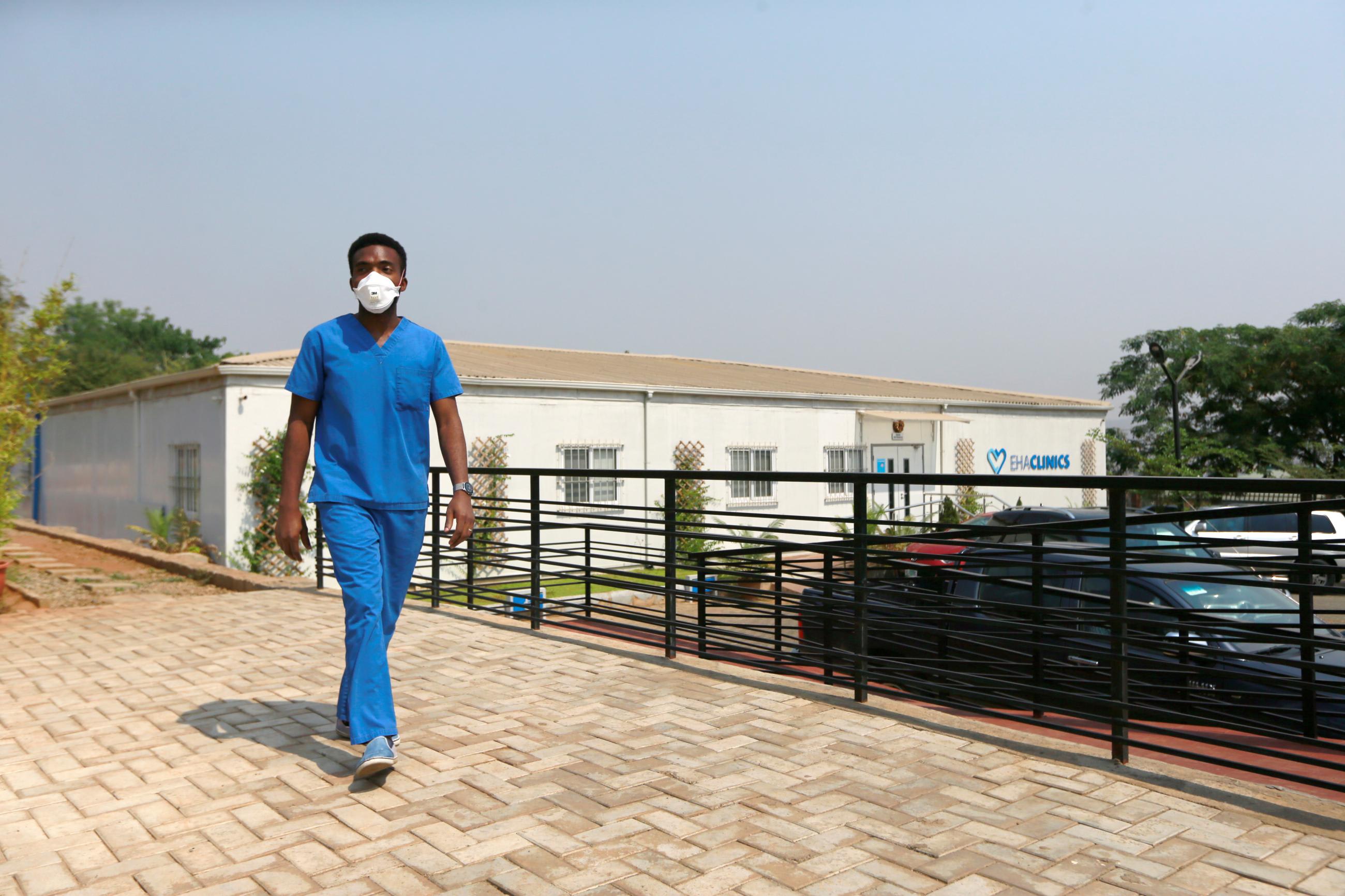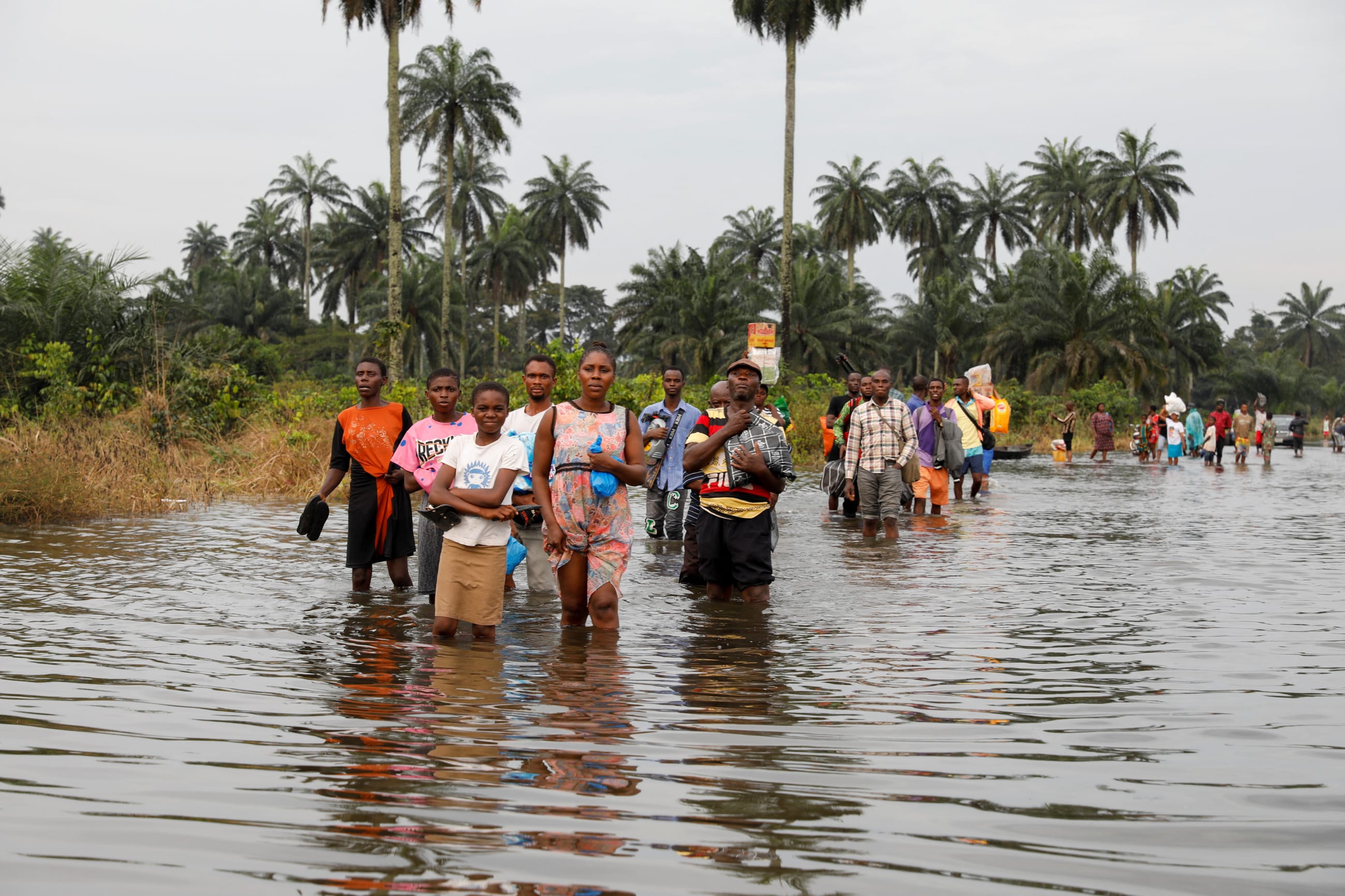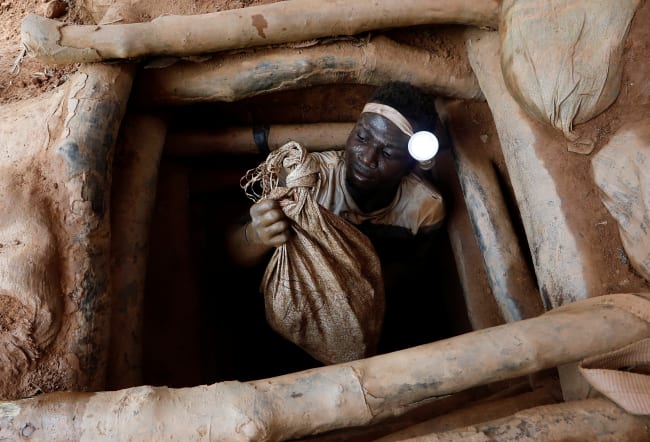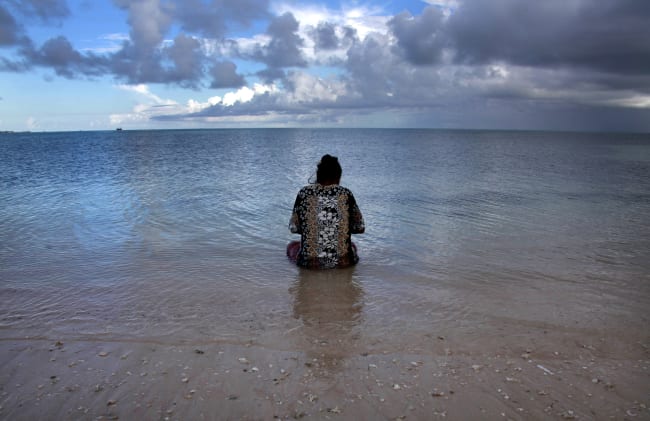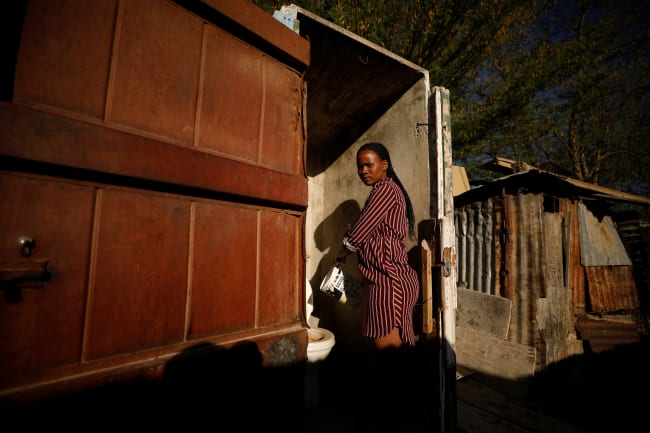As a public health physician intimately acquainted with the challenges brought by climate change on vulnerable populations, my journey from being a flood victim to the executive director of Parkers Mobile Clinic, the organization implementing Parkers Resilient Health (PRH), has been one of personal commitment and transformative impact. Over the past decade, thousands of people, including myself, have faced recurrent displacement because of Nigeria's flood incidence. In 2020, after witnessing the urgent need for health-care solutions amid torrential floods and the COVID-19 pandemic, I embarked on a mission to bridge the health-care gaps exacerbated by the climate crises. In the heart of southeast Nigeria, where the ebbs and flows of life are as unpredictable as the floodwaters that engulfed my community (Onitsha), a beacon of resilience emerged in PRH.
The inception of Parkers Resilient Health was more than a professional endeavor—it was deeply personal. The floodwater that submerged my home and disrupted my family's lives unveiled a glaring gap in health-care accessibility for many Nigerians. It led to the birth of PRH, an initiative that has since become a beacon of hope for thousands.
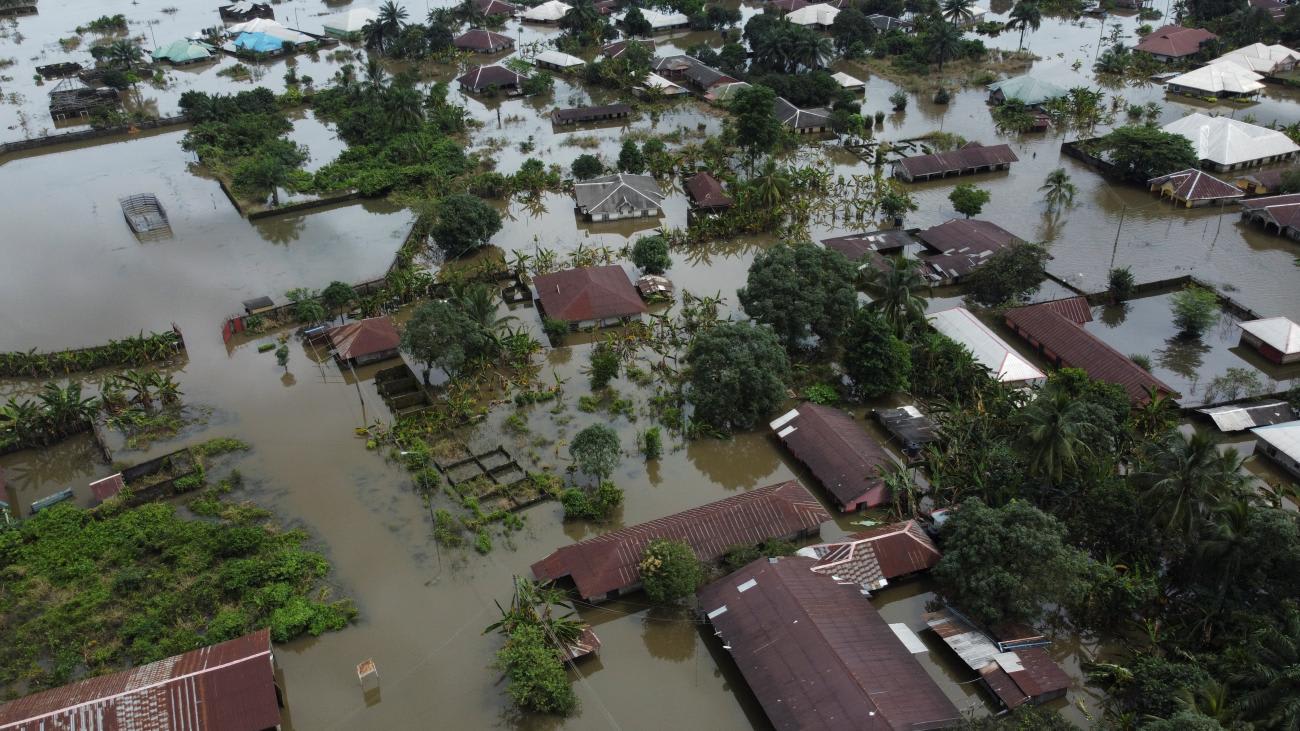
Parkers Resilient Health aims to strengthen health-care services access for people living in flood prone regions of southeast Nigeria and those displaced by flooding. It uses the power of telemedicine, community health outreach, and partnerships to improve health-care services access. The telemedicine service can be accessed through the website or WhatsApp, which gives patients and community health workers in affected communities easy access to doctor's consultation and guidance.
The community health outreach is carried out in collaboration with state ministries of health and international organizations such as Vitamin Angels.
PRH emerged as a climate-resilient project using telemedicine and community health outreach as a tool in health-care services delivery. This solved the problem of lack of physical infrastructures, which are at risk of being damaged by floods in target communities.
Collaboration with local communities is not just a checkbox on a to-do list; it is the heartbeat of the PRH initiative. Recognizing the importance of community engagement, PRH initiated dialogue sessions to understand the specific health-care needs and challenges faced by individuals living in flood-prone regions. Those conversations laid the foundation for a partnership built on trust and ensured interventions were not just well intentioned, but also culturally sensitive and community driven.
Government partnerships played a crucial role in scaling PRH's efforts and ensuring the long-term sustainability of its initiatives. Through aligning its goals with local health policies, PRH secured essential support in terms of infrastructure, funding, and policy advocacy. The government's involvement not only amplified the impact of our work but also helped integrate our climate-resilient health-care model into the broader health-care system.
This solved the problem of lack of physical infrastructures, which are at risk of being damaged by floods in target communities
One of PRH's noteworthy partnerships was forged with Vitamin Angels, an organization that aims to combat malnutrition in pregnant women, infants, and young children. Recognizing the intricate link between climate change, nutrition, and health outcomes, we joined forces to address acute health-care needs and support the long-term well-being of our communities. We distributed large quantities of albendazole, vitamin A, and multiple micronutrient supplements to pregnant women and children under five in Anambra state in 2022. Together, Parkers Resilient Health and Vitamin Angels implemented nutritional interventions that reached 8,000 individuals, ensuring that our approach was holistic and sustainable. This was done by closely monitoring and evaluating the project impact.
The success was not without its challenges. As a public health physician who had experienced the impact of floods firsthand, I understood the importance of adapting to the dynamic needs of our communities. Our community health outreach model, together with our telemedicine initiative, became a lifeline for those who found themselves cut off from traditional health-care facilities during the floods. Providing medical consultations remotely not only overcame accessibility barriers but also demonstrated the transformative potential of telemedicine in disaster-prone regions.
The recognition of our efforts came to fruition when Parkers Resilient Health won $20,000 in the UNDP Youth4Climate pitch in 2023. This validation was not just a testament to the effectiveness of our approach but also a catalyst for expanding our reach and impact. With this funding, PRH will be improving our telemedicine technology platform. It will also be training health workers and reaching more communities in 2024. I am immensely proud of what PRH has achieved, but the journey is far from over. Our commitment to building climate-resilient health care remains steadfast, fueled by the stories of individuals whose lives have been touched by our initiatives. We continue to work together with local communities and the government, fostering partnerships that go beyond the conventional boundaries of health care. So far, this project has impacted positively on the lives of more than 15,000 people.
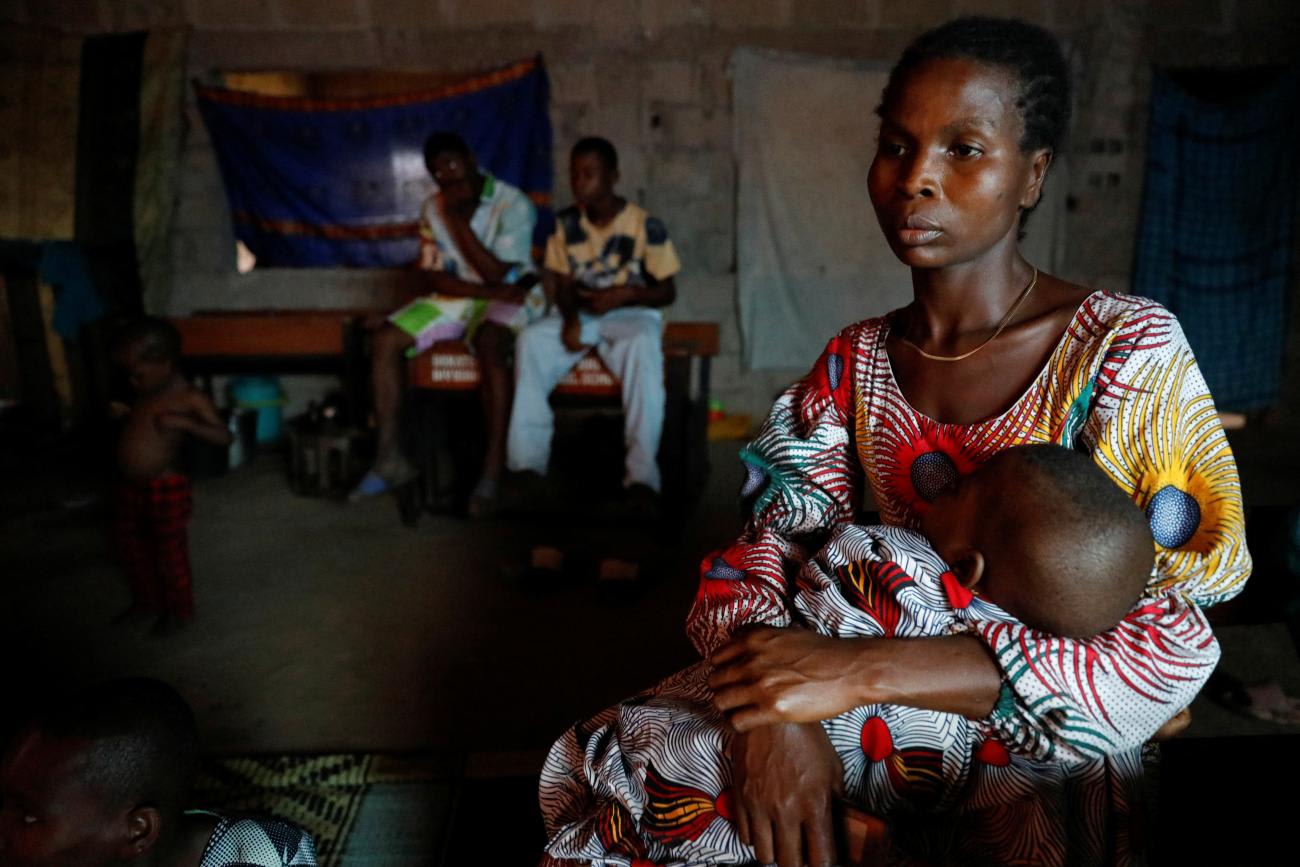
Support Needed and Future Plans
This project is currently fundraising to establish movable clinic-in-a-container services that will provide easy access to health-care services for persons living in flood prone regions in southeast Nigeria. That plan was initiated after assessing the further needs of these communities and establishing reasons for physical health-care service stations. Our goal is to reach more than 100,000 people over the next three years.
The clinic-in-a-container service will have a trained community health worker provide basic and essential health-care services to vulnerable people while a doctor supervises through an in-built telemedicine workstation. We will appreciate any funding, support, and partnerships that will enable us to achieve our goal.
The intersection of climate change and health care is not just a theoretical discourse for me—it is a lived reality. Parkers Resilient Health is a commitment to transforming lives and building a future in which climate-resilient health care is a universal reality. Each success story is a testament to the power of community-driven health-care solutions in the face of climate-induced challenges. We are not just building resilience. We are also sowing the seeds of hope in the fertile grounds of adversity.
The journey is personal, but the challenges are real, and the impact is profound. Together we are forging a path toward a healthier, more resilient future.
